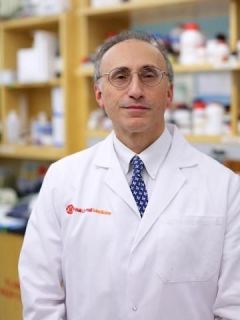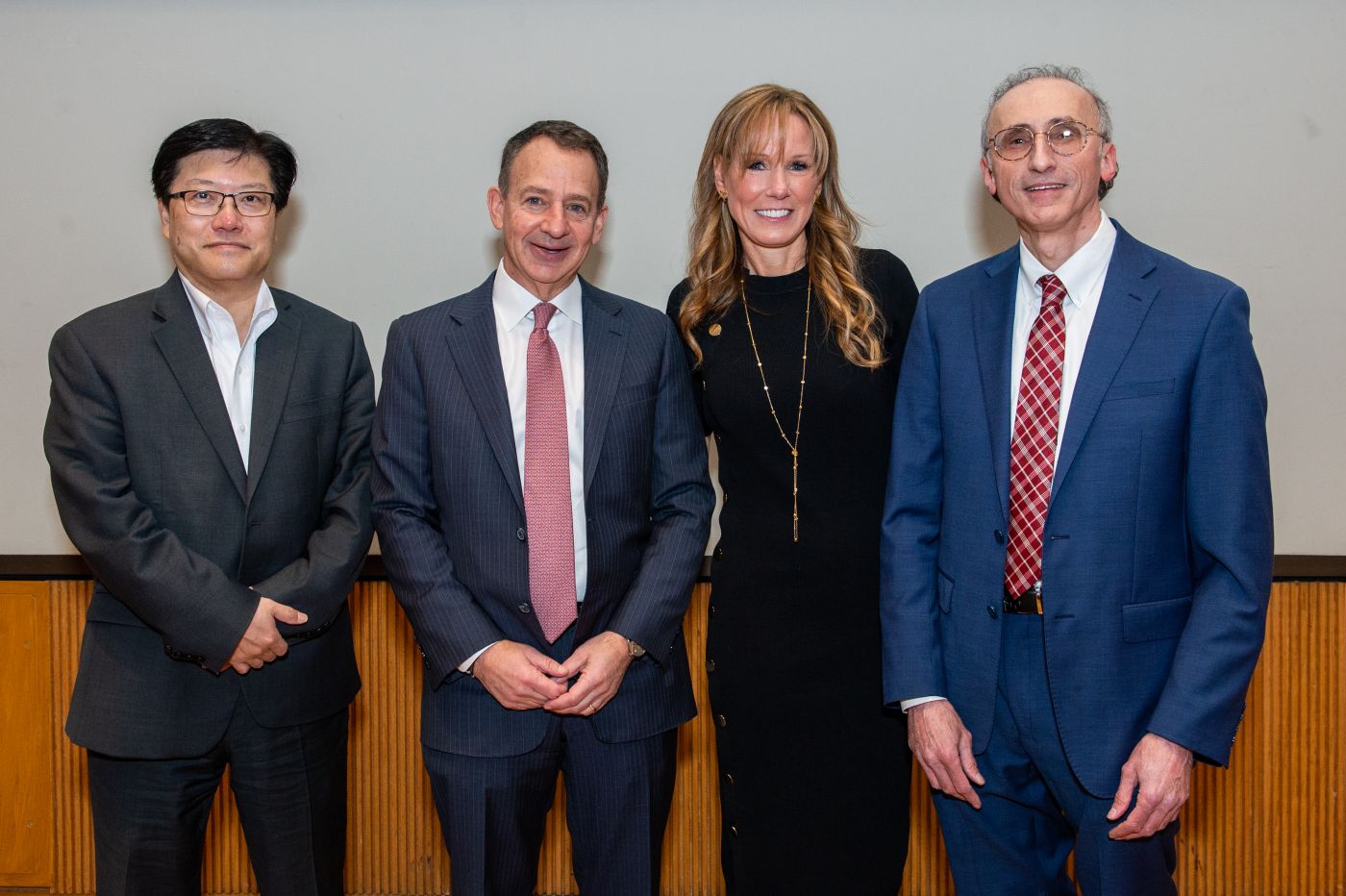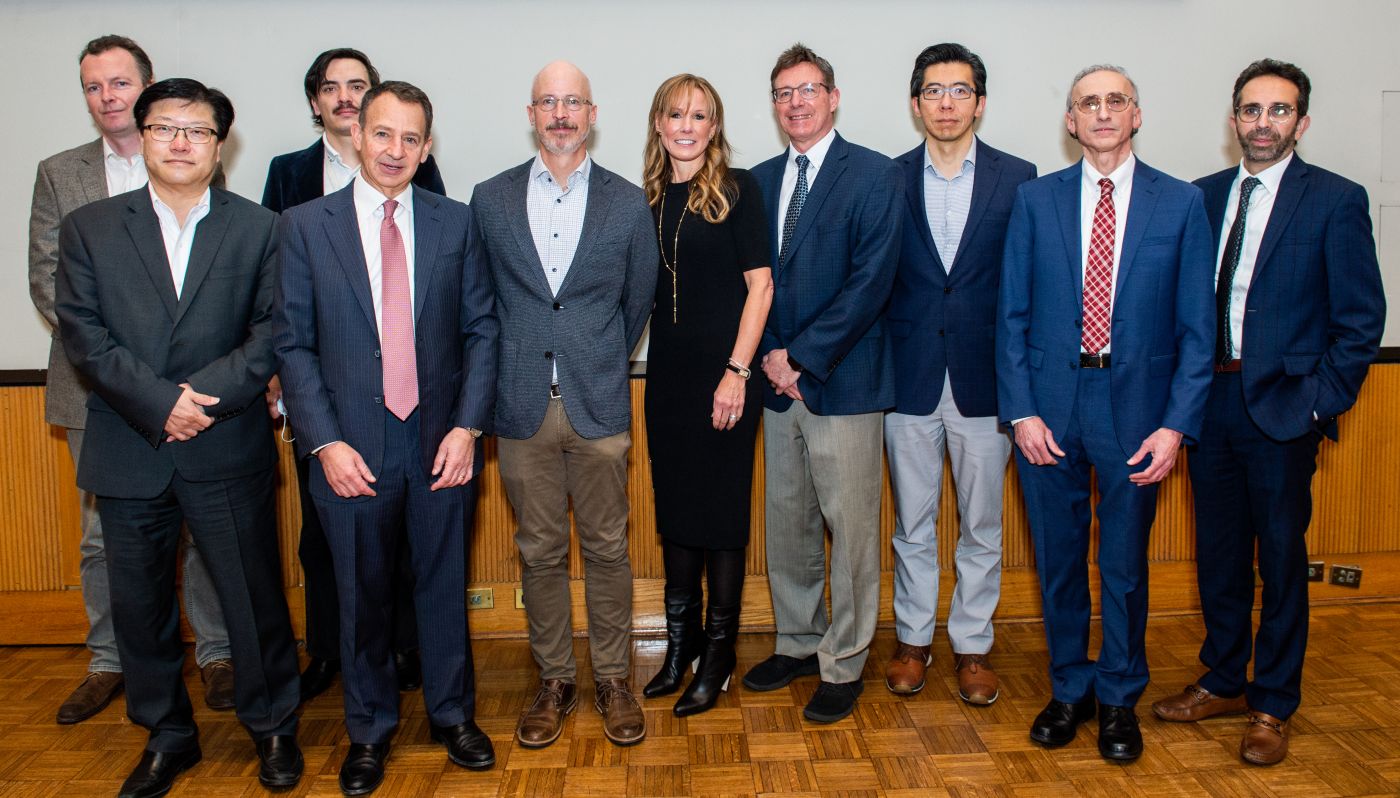
Shahin Rafii, M.D.
Director
A Message From the Director
“We are witnessing the birth of a new field of cellular therapeutics to build replacement ‘mini-organs’ that have tremendous potential for curing disease relieving human suffering.”
Every year millions of patients worldwide succumb to organ failure, who could have otherwise been cured with tissue replacement therapies. While organ transplantation has been available for many decades, it will never be the solution we had hoped for due to a lack of donor-derived organ availability. Furthermore, the cost of managing patients with organ damage, including cardiovascular, lung, liver, kidney, diabetes, Alzheimer’s, Parkinson’s, and post-COVID-19 maladies is in trillions of dollars. Therefore, there is an urgent need to develop effective therapies to mitigate the plight of patients suffering from terminal organ diseases.
Under the stewardship of Dr. Augustine Choi, Weill Cornell Medicine is well-positioned to expand the frontiers of regenerative medicine and pharmaceuticals to the clinic, by establishing the Hartman Institute for Therapeutic Organ Regeneration. This initiative is timely and will lead to discoveries for the treatment of disorders that afflict millions of people worldwide. The recent pandemic was a wake-up call underscoring the revelation that valid scientific evidence and breakthroughs could save humanity and improve the well-being of everyone of different nationalities and ethnic backgrounds.





